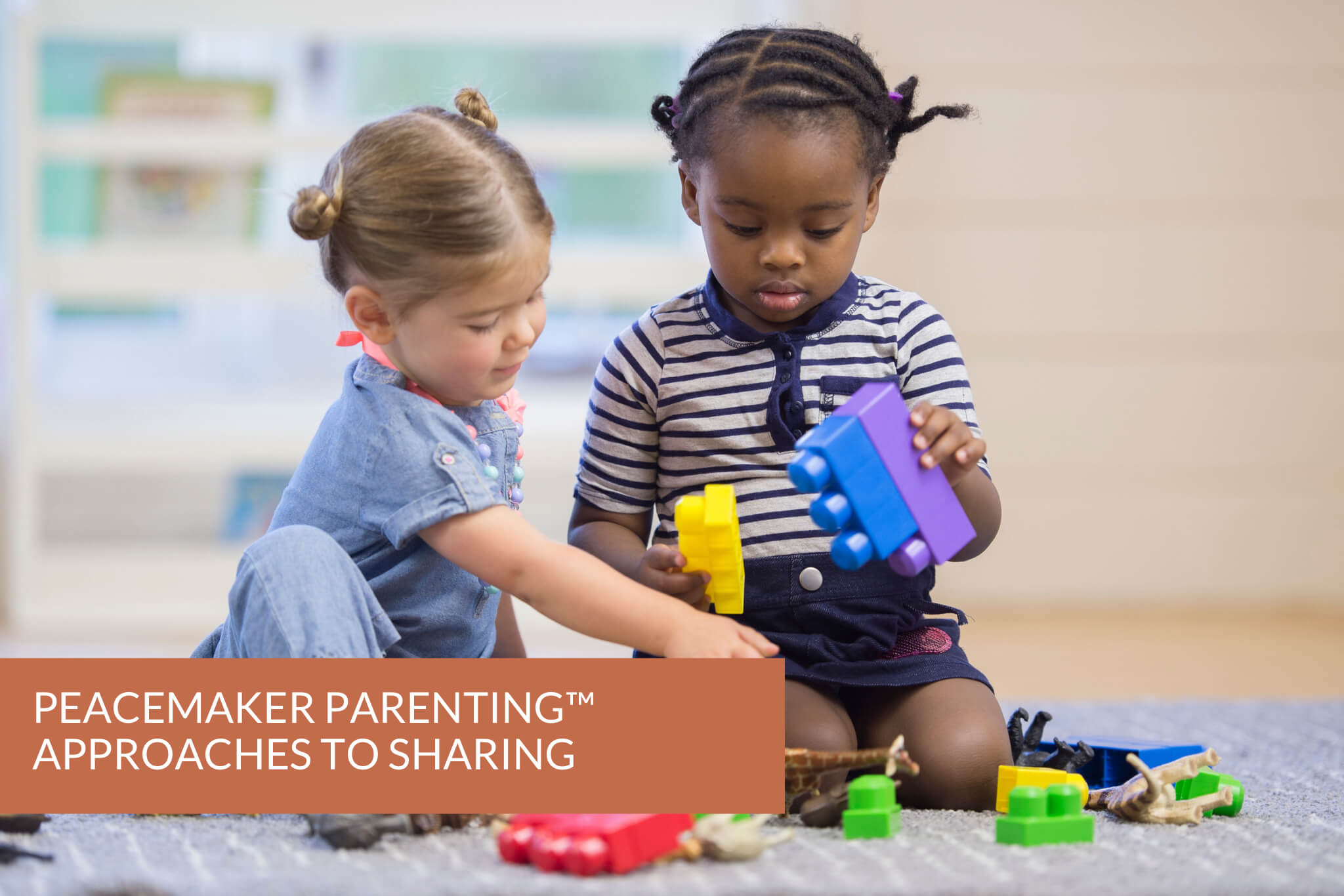
Potty learning is a significant milestone in a toddler’s life, marking a step towards independence, and for many parents, it’s loaded with varying emotions. Some parents are anxious to have their toddlers out of diapers, maybe out of fear of overwhelm with a new baby on the way, or due to pressure from a preschool or daycare. Other parents dread potty training, concerned about having to navigate accidents or maybe they’re frustrated at how difficult their toddler is to motivate.
What if potty learning could be virtually stress-free for both the toddler and the parent? That certainly is the dream for most parents, but how do you make it a reality?
Read more...Toddlers really know how to put on the brakes when they don't want to get in a car seat! How can you help them buckle in safely without resorting to threats, punishments, and force? Here are a few ideas.
Dear Amanda,
I need your advice on how to get my toddler to cooperate when I need to buckle him into the car seat. It’s always been a bit of a struggle, but lately my newly three-year-old is making it so hard to get going–he finds every reason to not buckle himself, not let me buckle him, says he needs all these crazy things before we can leave, and on and on. I seriously dread getting in the car these days! How can I make this less difficult for him (and me)?
-Catie
Dear Dr. David + Amanda,
I'm reaching out because I'm having such a hard time dealing with my toddler's tantrums. It's like the "terrible twos" hit us like a tidal wave, and I'm left feeling lost every time my little one goes into meltdown mode. I've tried to do everything I can to avoid triggering him, but once he gets going, I just don’t know how to stop it. I don’t want to spank him or threaten her, but I don’t know what to do. Sometimes I try to be reassuring and he yells even more! Help a struggling mama out? -Alex
Hi Alex,
We can tell from your message that you care so much about your daughter, and truly want to help her, and we understand (from our own experience!) how chaotic those tantrums and meltdowns can be - for parent and child!
Read more...
Does Peacemaker Parenting Work for Large Families?
Christian parents often look to authors and social media influencers for inspiration, support, and guidance on their parenting journeys. Many Christian influencers with large families (up to interpretation, but we’ll say four or more children) provide parenting examples that include time outs, spanking, and other punishment/reward systems that seem to work well for them in managing their large broods. If some of these strategies don’t feel right to you–fear not! There is another way that can lead to beautiful, fruitful relationships with your many children–and, yes, a peaceful home with healthy boundaries as well. Let’s dive in!

When it comes to teaching our children to share, parents usually have really great goals, and a few mismatched expectations. Peacemaker Parenting™ can help you align your parenting goals, family values, and reasonable expectations so that you can disciple your children towards generosity of spirit. Let's dive in.






